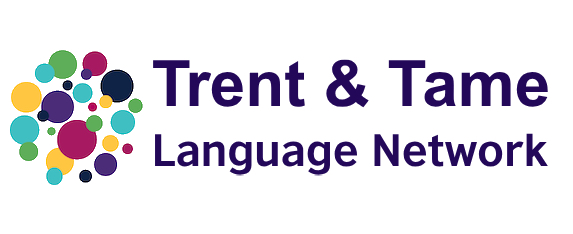Why is German such an interesting and fascinating language to learn?
#ShoutOutForGerman
As the number of students studying German in secondary schools continues to fall, as language teachers it beholds us all to raise the profile of this fascinating language and sow the seeds for future language study. Why might our learners want to study German at school, in their own time or in the future?
Find our how our German Advocate Traciean Richards promotes a love of German in her setting.
Warum Deutsch?
Rich Cultural Heritage
German is the language of many influential composers, painters and scientists such as Beethoven, Goethe and Einstein. Did you know that Henry VIII had his portrait painted by Hans Holbein the Younger and this image has become one of the most iconic portraits of the Tudor King.
Economic Opportunities
Germany is one of the world’s largest economies and a leader in many industries including Automotive, Renewable Energy and Pharmaceuticals. Proficiency in German can enhance career prospects with global, innovative companies such as Mercedes, Volkswagen and Siemens.
Travel and Communication
German is the most widely spoken native language in Europe. It is not only spoken in Germany but also in Austria, Switzerland, and parts of Belgium and Luxembourg. Knowing German can enrich travel experiences and facilitate communication in these regions. Over 220 million people are proficient in the German language – could you be one of them!
Logical Structure
In many ways, the logical rules, consistent patterns, and systematic approach to German grammar can make learning German feel similar to solving mathematical problems. This can be particularly appealing to those who enjoy structure and logic.
How can teachers spark interest in their students to learn German?
Even if you don’t teach German as part of your curriculum provision, you could incorporate some of the elements below into your provision through a lunch time or after school club.
Highlight Cultural Connections:
Introducing students to German music, films, literature, and history shows students how German is intertwined with these cultural elements. At Handsworth, we have successfully introduced a number of cross curricular projects with Music and Art where pupils have completed research projects on Beethoven and Gustav Klimt.
Showcase Success Stories:
Sharing stories of alumni who have benefited from learning German, whether in their careers, travels, or personal growth is an excellent way for your students to see what is possible and where languages can take you. At Handsworth, when we study the topic of where we live, our German teaching staff give a presentation of their year abroad which the pupils always find really fun to watch!
Create Real-Life Scenarios:
Use role plays to help students practice German in practical, real-life situations such as at a hotel reception or a leisure centre. At Handsworth, we have been getting creative showcasing our acting skills, acting out role plays in the Doctor’s surgery where pupils are describing an injury – research shows that humour reduces anxiety and stress and enhances cognitive function.
By emphasising some of these aspects, teachers can spark interest and enthusiasm for learning German, planting the seeds for a lifelong appreciation of the language.
Contact the Goethe Institut for more ideas on how you could raise the profile of German in your setting.






